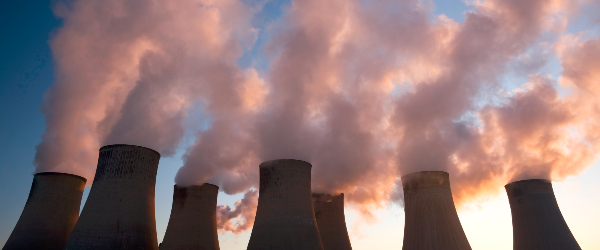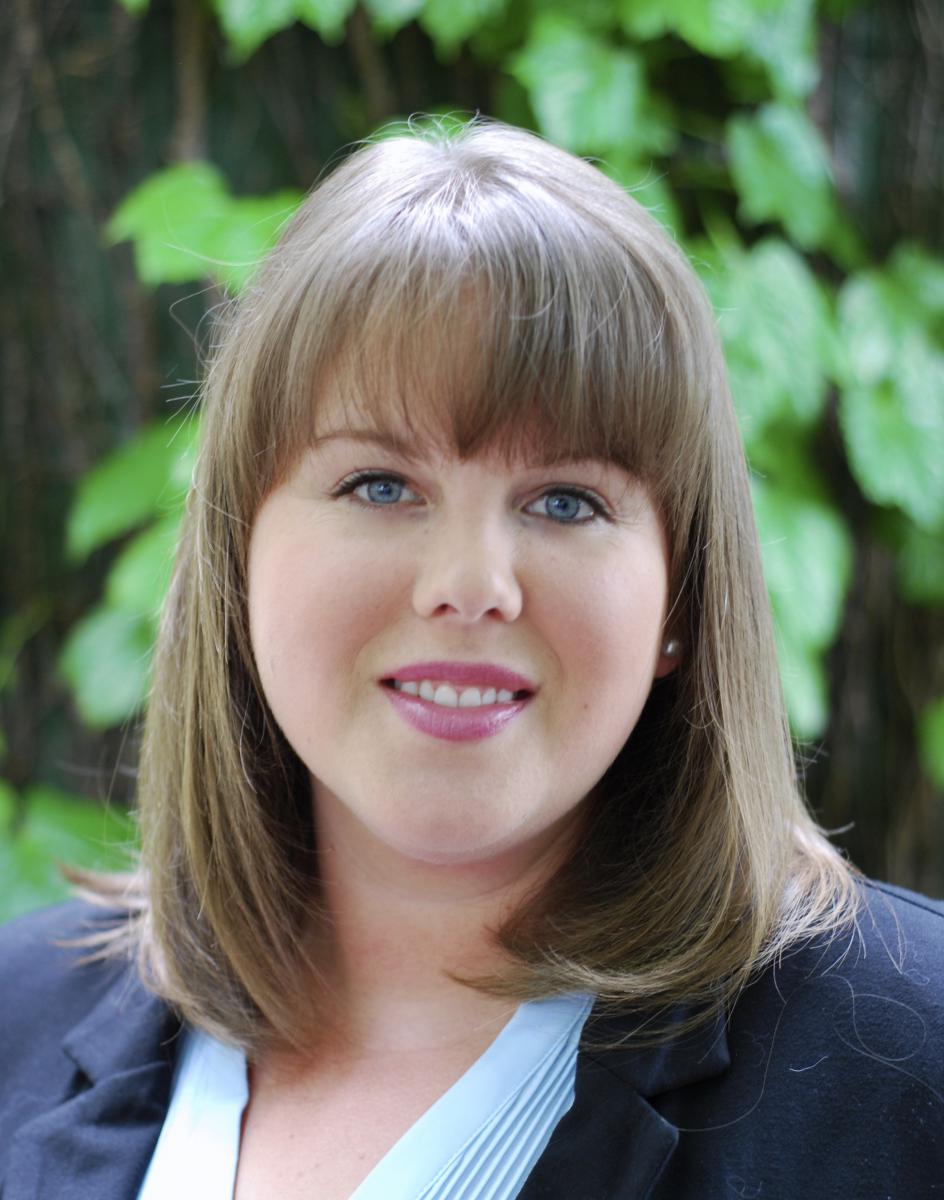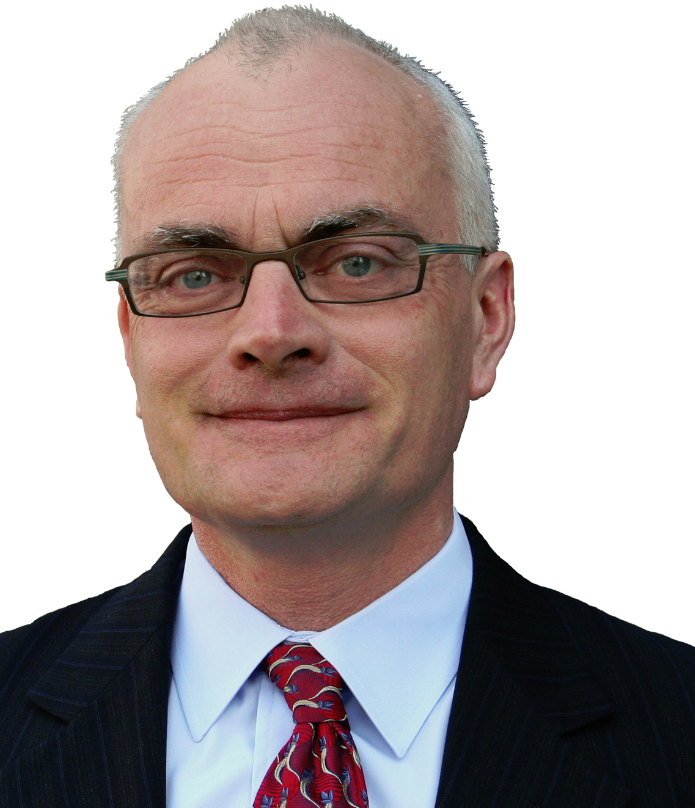Webinar: "The End of Coal: Learning from the success of Ontario’s coal phase-out"
The question is not if coal will be phased out from our energy systems, but how. To explore this question, IISD hosted a web-based discussion of lessons learned from Ontario’s successful coal phase-out on June 30.

The question is not if coal will be phased out from our energy systems, but how. To explore this question, IISD hosted a web-based discussion of lessons learned from Ontario’s successful coal phase-out on June 30.
You can find out more and listen to a recording of the webinar here.
The webinar drew on IISD’s new report “The End of Coal: Ontario’s coal phase-out” that analyses the context, the champions, the concerns and arguments as well as the complementary policies that made coal phase-out possible in Ontario. The speakers include both those who led Ontario toward and through the coal phase-out and those who are interested in replication of this success internationally.
The speakers were:



About IISD
The International Institute for Sustainable Development (IISD) is an award-winning independent think tank working to accelerate solutions for a stable climate, sustainable resource management, and fair economies. Our work inspires better decisions and sparks meaningful action to help people and the planet thrive. We shine a light on what can be achieved when governments, businesses, non-profits, and communities come together. IISD’s staff of more than 250 experts come from across the globe and from many disciplines. With offices in Winnipeg, Geneva, Ottawa, and Toronto, our work affects lives in nearly 100 countries.
You might also be interested in
What Drives Investment Policy-makers in Developing Countries to Use Tax Incentives?
The article explores the reasons behind the use of tax incentives in developing countries to attract investment, examining the pressures, challenges, and alternative strategies that exist.
What Is the NAP Assessment at COP 29, and Why Does It Matter?
At the 29th UN Climate Change Conference (COP 29) in Baku, countries will assess their progress in formulating and implementing their National Adaptation Plans. IISD’s adaptation experts Orville Grey and Jeffrey Qi explain what that means, and what’s at stake.
How to Track Adaptation Progress: Key questions for the UAE-Belém work programme at COP 29
UAE-Belem work program at COP 29: Emilie Beauchamp explains the complexity behind these talks and unpacks seven key questions that negotiating countries should address along the way.
COP 29 Must Deliver on Last Year’s Historic Energy Transition Pact
At COP 29 in Baku, countries must build on what was achieved at COP 28 and clarify what tripling renewables and transitioning away from fossil fuels means in practice.